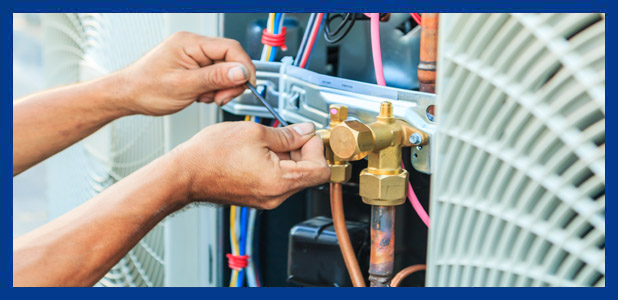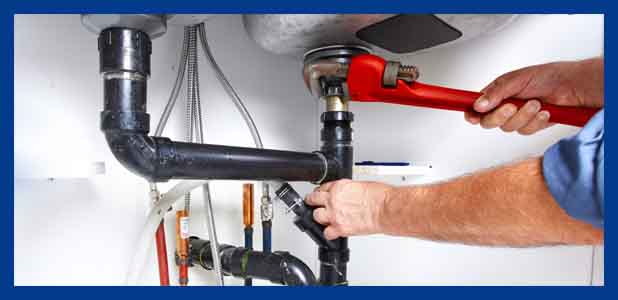WHAT IS A SEER? Seasonal Energy Efficiency Ratio.
If you’re in the market for a new A/C system you might be a little overwhelmed by all the options out there. You’ve probably heard that a higher SEER rating means you’re getting a better system that will save you more money, but what exactly do SEER ratings mean?
SEER stands for Seasonal Energy Efficiency Ratio (SEER). The SEER rating is used to show how much energy an A/C unit will use in a year. In more technical terms, SEER is the ratio of the cooling output of an A/C system over a cooling season, divided by the energy it uses in WATTS/hours.
SEER stands for Seasonal Energy Efficiency Ratio
How to calculate SEER ratings
We can get even more technical for those so inclined. To calculate how much it’s going to cost you per hour to run your system, you have to do a little math. You’ll have to start with the total cooling output of your A/C system. These BTU/h (British thermal units per hour) will then need to be multiplied by the number of cooling hours per day and the number of cooling days per year.
The following is an example of just how to do that:
6,000 BTU/h x 10 cooling hours per day x 200 days per year = 12,000,000 BTUs per year.
Using the example above, if an air conditioner has a SEER rating of 15 BTU per watt-hour (Wh), you could calculate the estimated annual energy use as follows: 12,000,000 BTUs per year ÷ 15 BTU/Wh = 800,000 Wh per year.
To calculate the annual average power use, divide the A/C’s BTU/h by the SEER rating as follows:
6,000 BTU/h ÷ 15 SEER = 400 watts (or 0.4 kilowatts).
To calculate the cost of electricity when using the A/C system, multiply the average kilowatts from the formula above by your local electricity rate in kilowatts per hour (kWh). For instance, 0.4 kW x $0.25 kWh = $0.10 per hour. The Energy Guide label on the unit will also indicate the amount of energy the equipment consumes.
Why does SEER rating matter?
SEER numbers allow customers to compare systems in terms of efficiency. When you’re in the market for a new HVAC system, you’ll find there’s a broad price range. Typically, the higher the efficiency the more costly the system. This is because better equipment = better efficiency, better climate control, and better comfort level. However, in comparison with your old (most likely less-efficient) system, you could be saving a ton of money on your energy bills in the long run. Of course, this will be based on how efficient your new system is. Most older systems are rated 8 to 9 SEER, so even if you go with the minimum, you’ll be saving tons on energy.
To figure out how much you’ll end up saving on your electric bills, keep in mind that regardless of what your SEER rating is, there are other variables in your home that can affect the efficiency of your system, i.e. the size of your home, pre-existing ductwork, how much you pay per kilowatt hour for electricity, and more.
Since 2006, a minimum efficiency rating of 13 SEER has been required by the United States Department of Energy (DOE). Many manufacturers have gone above and beyond those minimum requirements, as significant advancements have been made in the technology and efficiency of A/C systems. 13 SEER is the minimum standard for most systems, but A/C systems can range from 13 SEER to a maximum of 21 SEER. Where you live can also affect the minimum requirement. Since 2015, states with hotter climates such as Texas have been required to have a minimum of 14 SEER.
Because higher SEER systems tend to get more pricey, most manufacturers produce a system for every price range, including high-efficiency models, units with the bare-minimum requirements and everything in between. There are a lot of great options on the market. And while SEER is important, it’s not the only thing to keep in mind when purchasing a new A/C system. A heating and A/C specialist will recommend a unit size based on the size of your home’s cooling areas. Once you get a recommended size for your system, you can choose your SEER rating.
If you have any questions about SEER or need a new system, contact Service One today to talk to a heating and A/C expert. We can help determine your home’s exact needs and recommend systems that are within your budget, keeping in mind things like quiet operations, ease of maintenance, lifetime costs, life expectancy, warrantees, etc. No matter what your heating and A/C needs, we’re always here to help!





